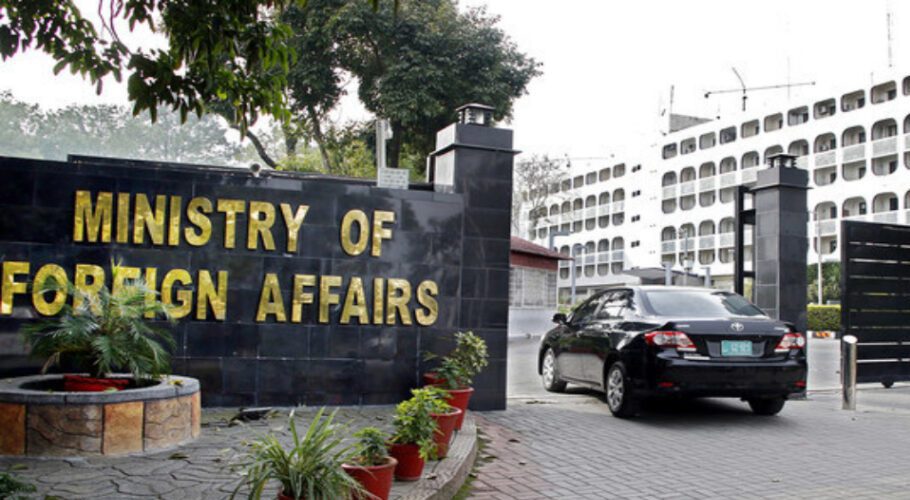Pakistan is set to launch its indigenous Electro-Optical (EO-1) satellite today (Friday), a major step forward in the country’s space exploration ambitions.
“This launch marks a historic milestone for Pakistan,” said Zain Bukhari, an expert from the Pakistan Space and Upper Atmosphere Research Commission (SUPARCO), in an interview with the Associated Press of Pakistan earlier this week.
The EO-1 satellite, equipped with a high-resolution camera, is designed to capture detailed images of Earth for a variety of applications. It is the first satellite entirely developed and manufactured within Pakistan by SUPARCO’s engineers, highlighting the country’s growing capabilities in space technology and self-reliance.
“EO-1 has undergone rigorous testing to ensure its readiness for launch,” Bukhari added. “Today’s event is expected to be a proud moment for the entire nation.”
According to Bukhari, satellites like EO-1 could prove invaluable in providing real-time data during natural disasters such as floods and earthquakes, enabling quicker damage assessment and more effective responses.
The EO-1 is also set to benefit multiple sectors. In agriculture, it will aid precision farming by monitoring crop health, assessing irrigation needs, predicting yields, and supporting food security initiatives. The satellite’s data will also be crucial for urban development, helping track infrastructure growth, manage urban sprawl, and support city and regional planning.
In addition, EO-1 will assist in environmental monitoring and disaster management by offering timely updates on floods, landslides, earthquakes, deforestation, and land erosion. It will also play a role in monitoring natural resources, including minerals, oil and gas fields, glaciers, and water resources.
“A satellite like EO-1 reflects Pakistan’s capability to not only meet its space technology needs but also contribute to global environmental and resource monitoring,” said Aisha Rabia, another expert at SUPARCO.
She emphasized that the satellite underscores Pakistan’s ability to achieve self-sufficiency in satellite manufacturing despite economic challenges.
With today’s launch, Pakistan takes another significant step toward enhancing its space capabilities and contributing valuable data for both national and global challenges.


































